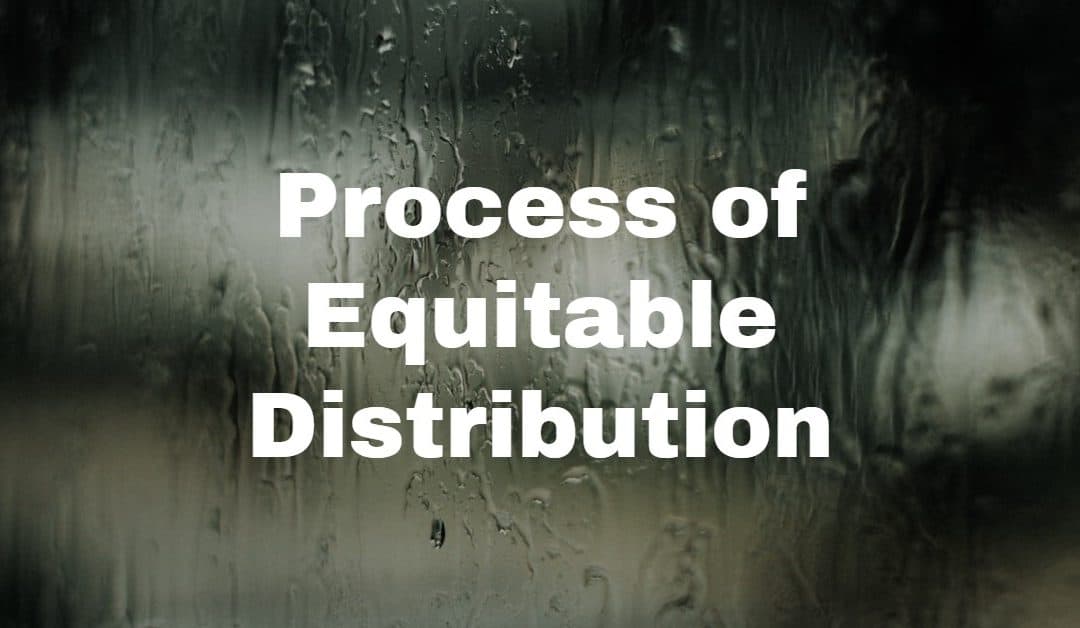What is Equitable Distribution?
In North Carolina, equitable distribution is the process of dividing assets and debts that were acquired during marriage. One spouse must file an Equitable Distribution action prior to the final divorce judgment to protect their rights to a court-ordered distribution of marital property. The Equitable Distribution action is to ensure that each spouse receives an equitable share of the marital property.
The process of equitable distribution can be a complicated process. First, each spouse must create a list all property, owned by the parties. Secondly, each property item must be classified as either marital property, separate property, or divisible property. Next, each property item is valued. After all property has been defined, classified, and valued the distribution can be determined.
Property Classification
Property listed on the affidavit is then classified as one of three classifications, marital property, separate property, or divisible property.
Marital property is property both real and personal that was acquired by either spouse during the marriage.
Separate property is property that was acquired prior to the marriage or was acquired as a result of gift or inheritance and the property was not comingled with marital property. Any passive income acquired from separate property is classified as separate property.
Divisible property is likely the most complicated. It involves the modification of a marital asset in order for it to be divided. Marital property with a change in value, after the date of separation, is classified as divisible property. Property acquired after the date of separation as a result of the acts of either spouse during the marriage is also divisible. Any interest or income received from marital property after the date of separation is divisible. Also, changes to any marital debt after the date of separation is also considered divisible property.
Property Value
After property is classified, a fair market value must be assessed to each item. Professionals such as Real Estate Appraisers and Certified Public Accountants are consulted to determine the fair market value of property.
Distributing Property
In general, it is preferred for marital property to be divided equally. However, a Judge may decide not to divide property equally but in another way that is equitable for both spouses.
The following factors are some factors used to determine how property is distributed:
· Income of each party
· Property of each party
· Debt of each party
· Support obligations from a previous marriage
· The length of the marriage
· Age, health, and education of each party
· Expectation of retirement benefits
· Contributions that have increased the value of property
· The nature of property and ability to liquidate the property
· Tax implications
· Actions taken by either spouse to preserve or waste property
Do I have to go to court?
Not necessarily, parties can reach agreements regarding equitable distribution prior to filing an action through a Separation and Property Settlement Agreement, after filing an action through negotiations, or through mediation prior to proceeding to trial.
Mediation
During mediation each spouse and their attorney will meet, generally at the mediator’s office, in an effort to reach an agreement. If an agreement is reached, both parties sign the agreement prior to leaving mediation. If an agreement is not reached in mediation the parties continue to prepare for trial in which a judge will determine how the marital property is to be divided. Costs for mediation are equally divided between each spouse.
For additional information about Equitable Distribution contact Plekan Law, PLLC to schedule a consultation.

